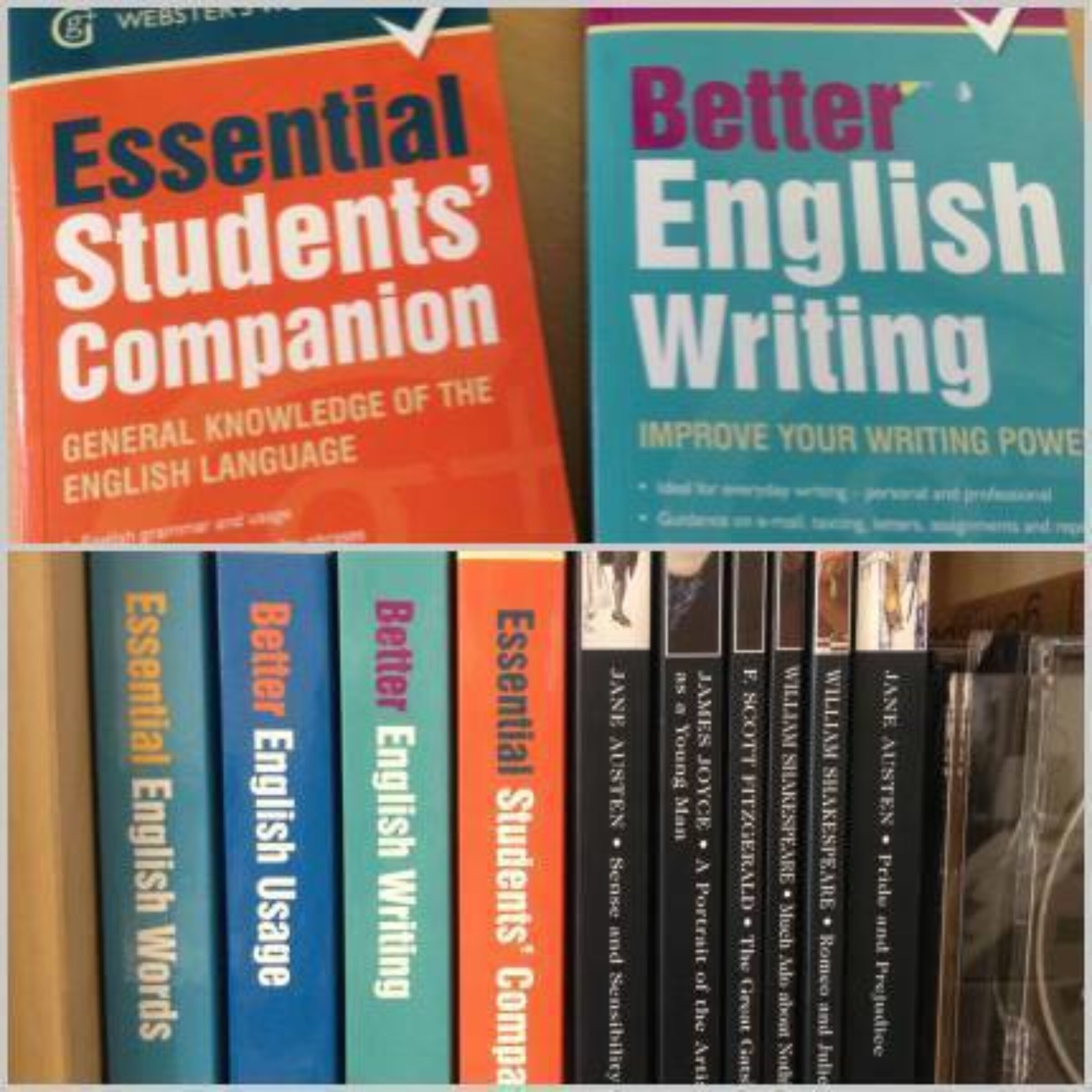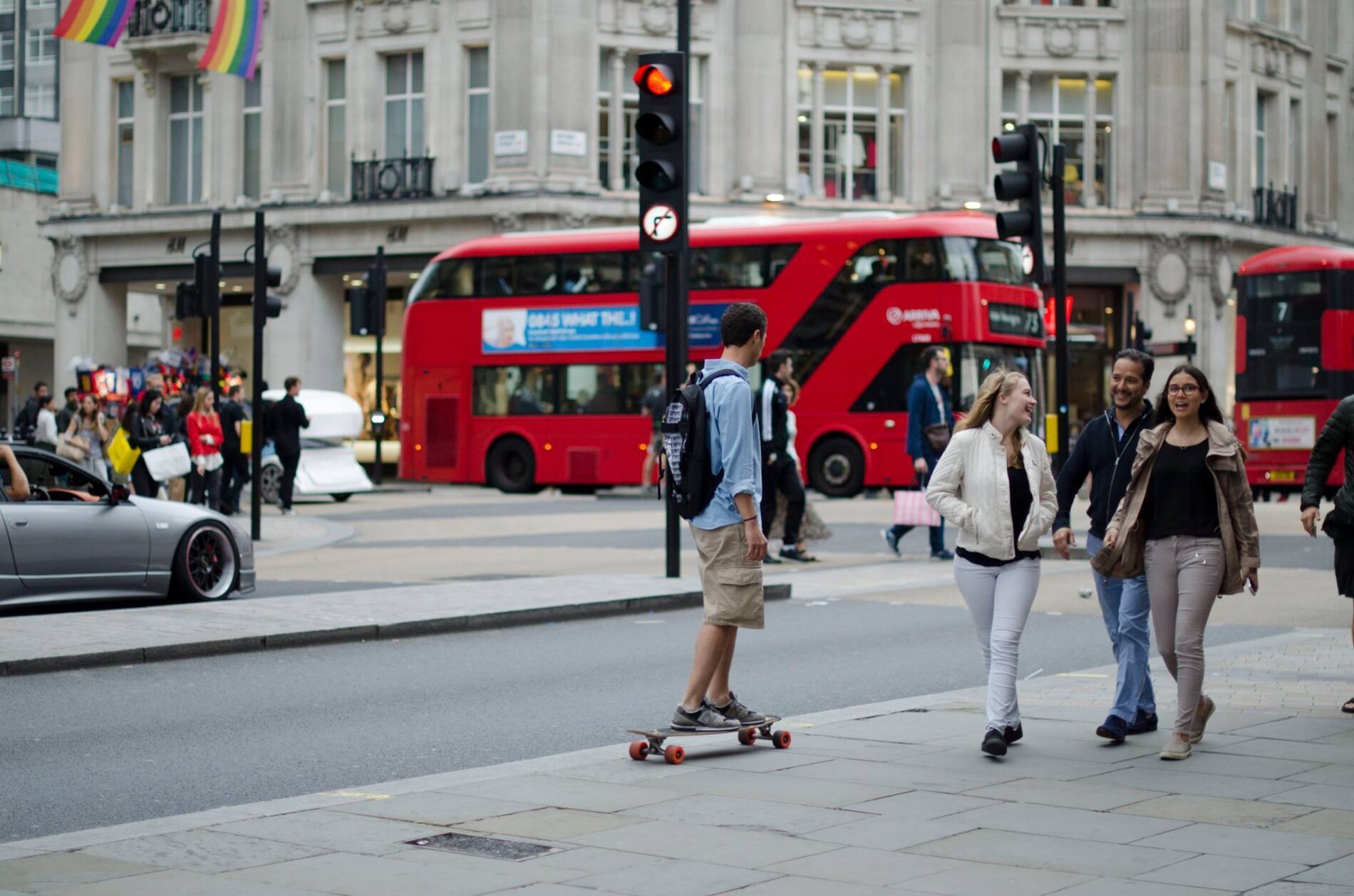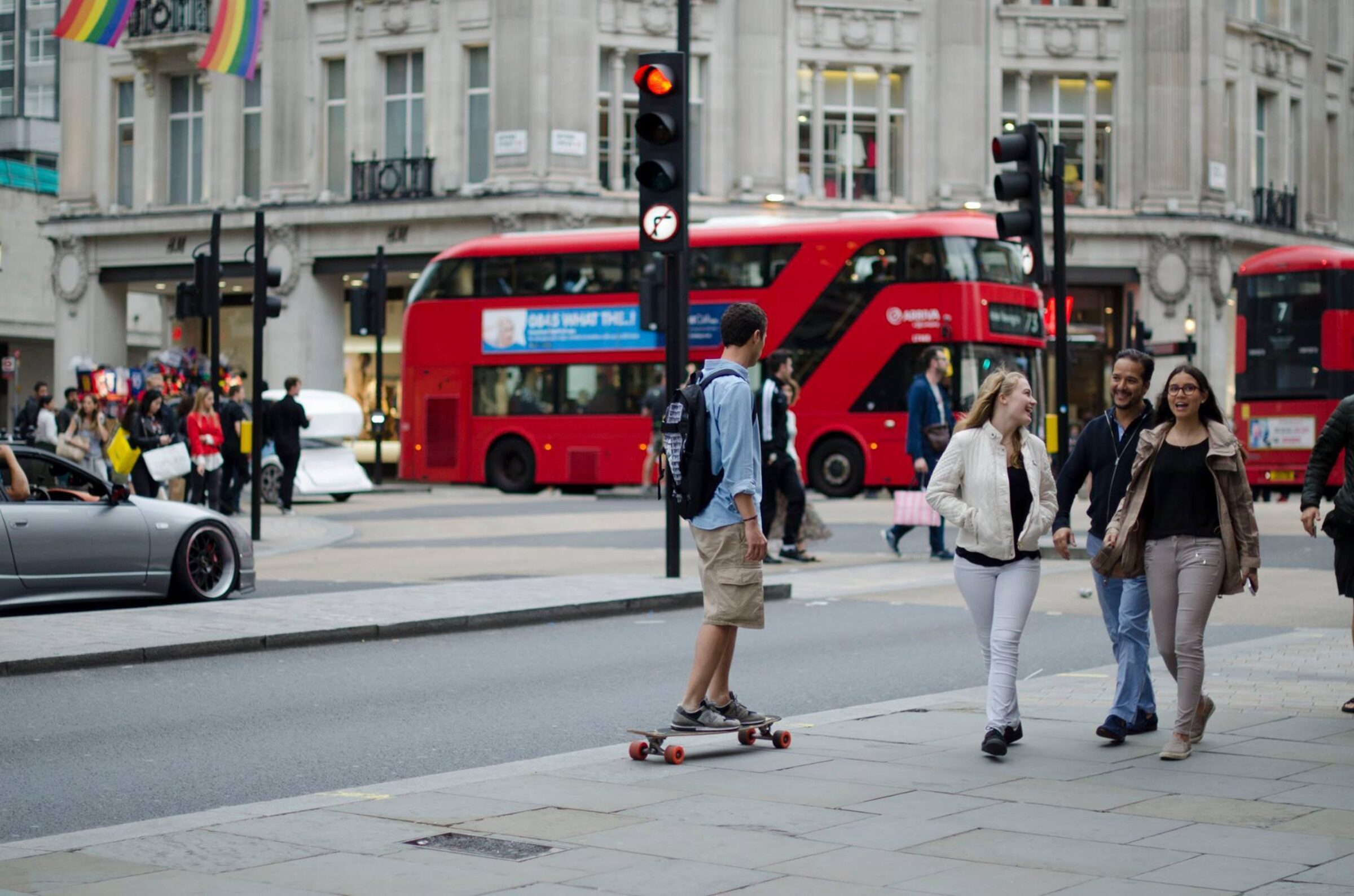Developing Speaking Skills – Small Talk

English students tend to believe that their ability to speak English is the product of language learning but speaking is also a very important part of the language learning process.
Some language learners lack confidence when it comes to participating in group conversations and tend to remain silent and let others do the talking. These learners often find situations where they have the opportunity to discuss almost anything, perhaps for no other reason than getting to know someone, quite difficult.
The function of most speaking activities in class tends to be concerned with the exchange of information. As a student, you are usually provided with a 'communicative purpose', which requires you to focus on the message of the interaction in order to obtain certain information from others.
However, there is more to conversation than just exchanging information. Do you know that it is estimated that 80% of all conversation is small talk?
Small talk can be defined as light conversation and its function is to establish and maintain social relationships. The participants are engaging with each other, not just to convey information, but to make connections. Being able to engage in small talk makes us appear friendly and approachable and can open the door to deeper connections with others. Small talk is spontaneous and unpredictable and often includes frequent topic changes, which requires a different set of skills to those that you are accustomed to using in your speaking tasks.
In this article, I will outline some tips on how you can acquire conversational skills that are likely to be necessary for your future success in English speaking environments.



Follow up Questions
To keep a conversation going in English, you can employ a variety of different techniques to let others know you are interested in continuing the conversation. The most important thing to do in a conversation in English is to ask follow-up questions. If you don’t ask follow up questions, the conversation is unlikely to last for very long! By now, you will be very familiar with yes or no questions, such as ‘Do you like living in London?’ The next step is to listen carefully to the answer given and then ask an interesting question in order to continue the conversation. It is important to ask for more information to show that you are interested in the person you are speaking with. If someone answers the above question with ‘No, I don’t like living in London’ then ask ‘Why do you say that?’ Wh- questions are very useful in keeping a conversation going. ‘What’ is used to ask about things, ‘Who’ is used to ask about people, ‘Why’ is used to ask for a reason, ‘When’ is used to ask about a time or date, ‘Which’ is used for a choice, ‘Where’ is used for a place and ‘How’ is used for asking the amount or the way in which something is done. Try to use these wh- questions to find out more information. Here are some more examples: ‘What did you do next?’‘How did that happen?’ ‘When did that happen?’ ‘What did you say?’ ‘Where did that happen?’ ‘How did you react?’‘Which one do/did you prefer?’ Remember, people love talking about themselves! Ask people about their interests, their passions, goals and experiences. Hopefully, once you start to ask good questions, you’ll discover that other people are a lot more interesting than you initially thought.













